
Form 16B – TDS Certificate For Sale of Property
As per the provisions of the income tax act, every person is required to file an income tax return within the specified time and report their income details. The process of tax collection is done via two ways - tax...
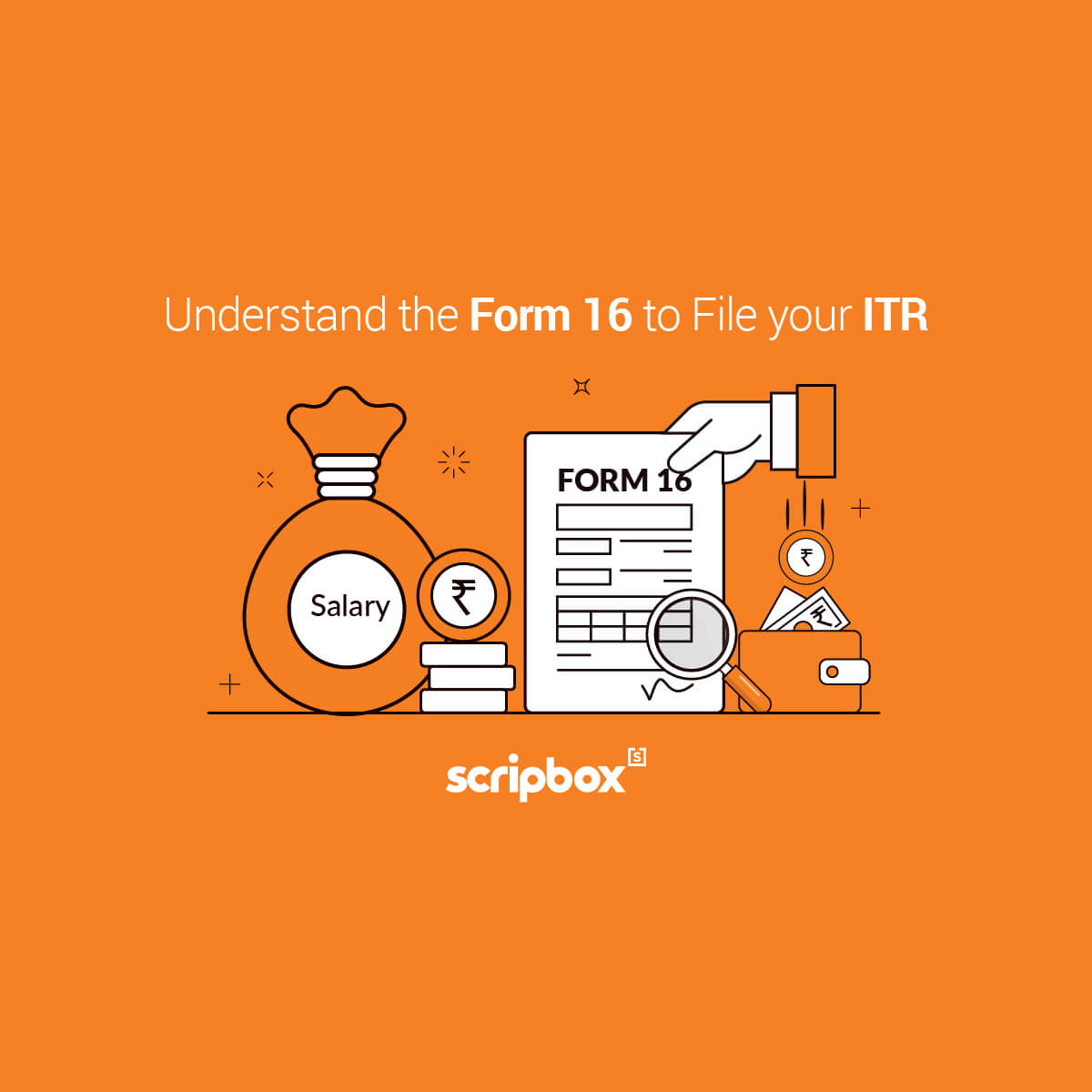
Form 16
What is Form 16 in Income Tax? Form 16 in income tax is a TDS certificate that every employer must issue to its employees under section 203 of the Income Tax Act, 1961. The employer must mandatorily issue it on...

Form 15H – TDS on Interest Income
Form 15H is a very popular form among investors and taxpayers. To avoid deduction of TDS from your interest income you can surely opt for this route. You can avoid TDS on interest income, rental income, insurance commission, insurance maturity...
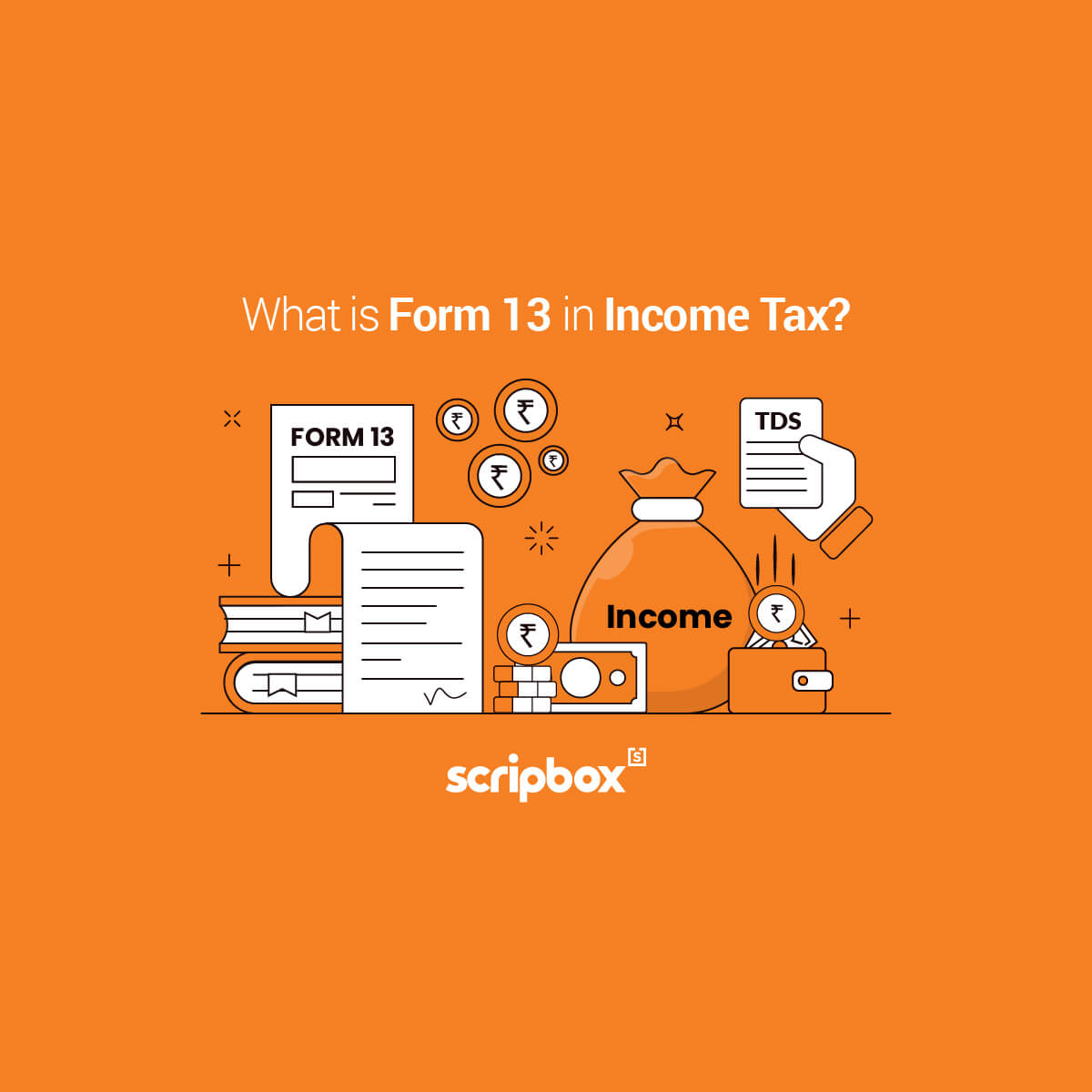
Form 13 Income Tax
What is Form 13 in Income Tax? TDS stands for “Tax Deduction At Source”. Form 13 For TDS Deduction is an Income Tax for Lower Deduction of TDS as per Section 197 of the Income Tax Act, 1961. TDS needs...

Form 12B
What is Form 12B? Form 12B is an income tax form that should be submitted by an individual taxpayer who joins a new organisation in the middle of the financial year. The Rule 26A lays down the requirement for filling...
Practical Insights For Wealth Creation
Our weekly finance newsletter with insights you can use
Your privacy is important to us
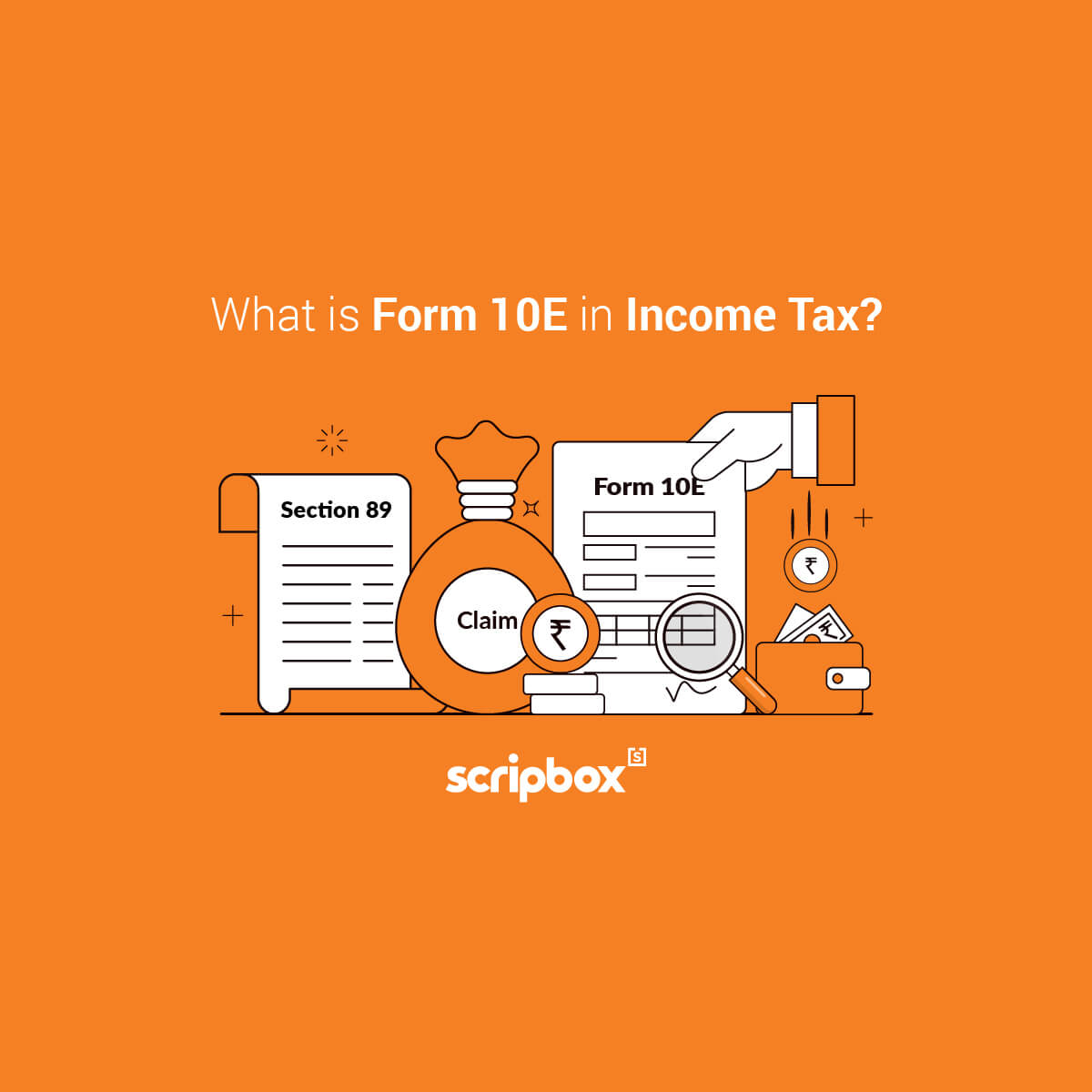
How To File Form 10E
Applicability of Form 10E The income tax liability is calculated on the basis of the income earned by a taxpayer during the financial year. While calculating the income tax, the total income, expenses, deductions, and exemptions are considered. However, a...
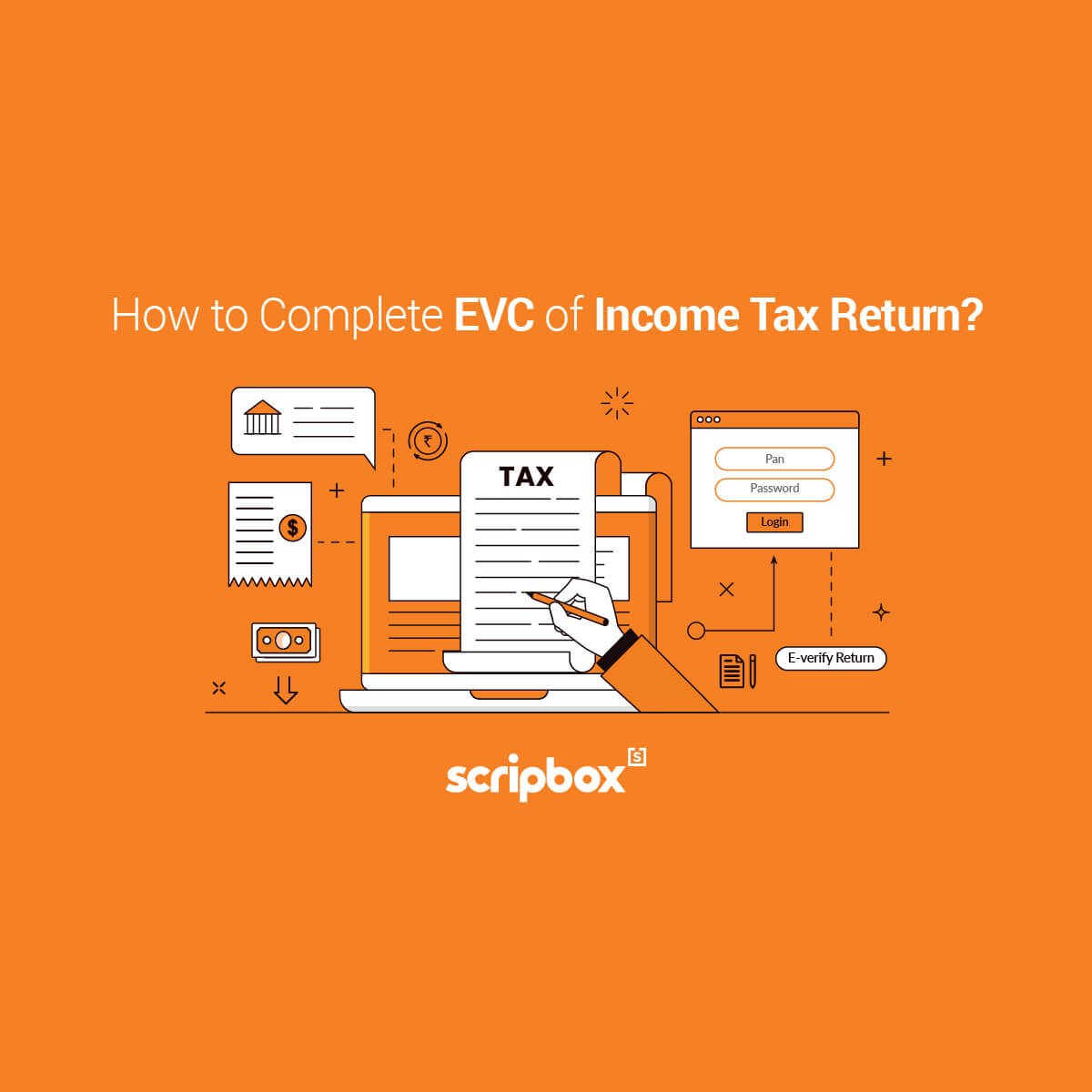
EVC Income Tax Return
After successfully filing your income tax return, the next step is to verify your ITR. You must verify your income tax return with 120 days of submission of your ITR. The CPC will process your return only after verification. Hence,...
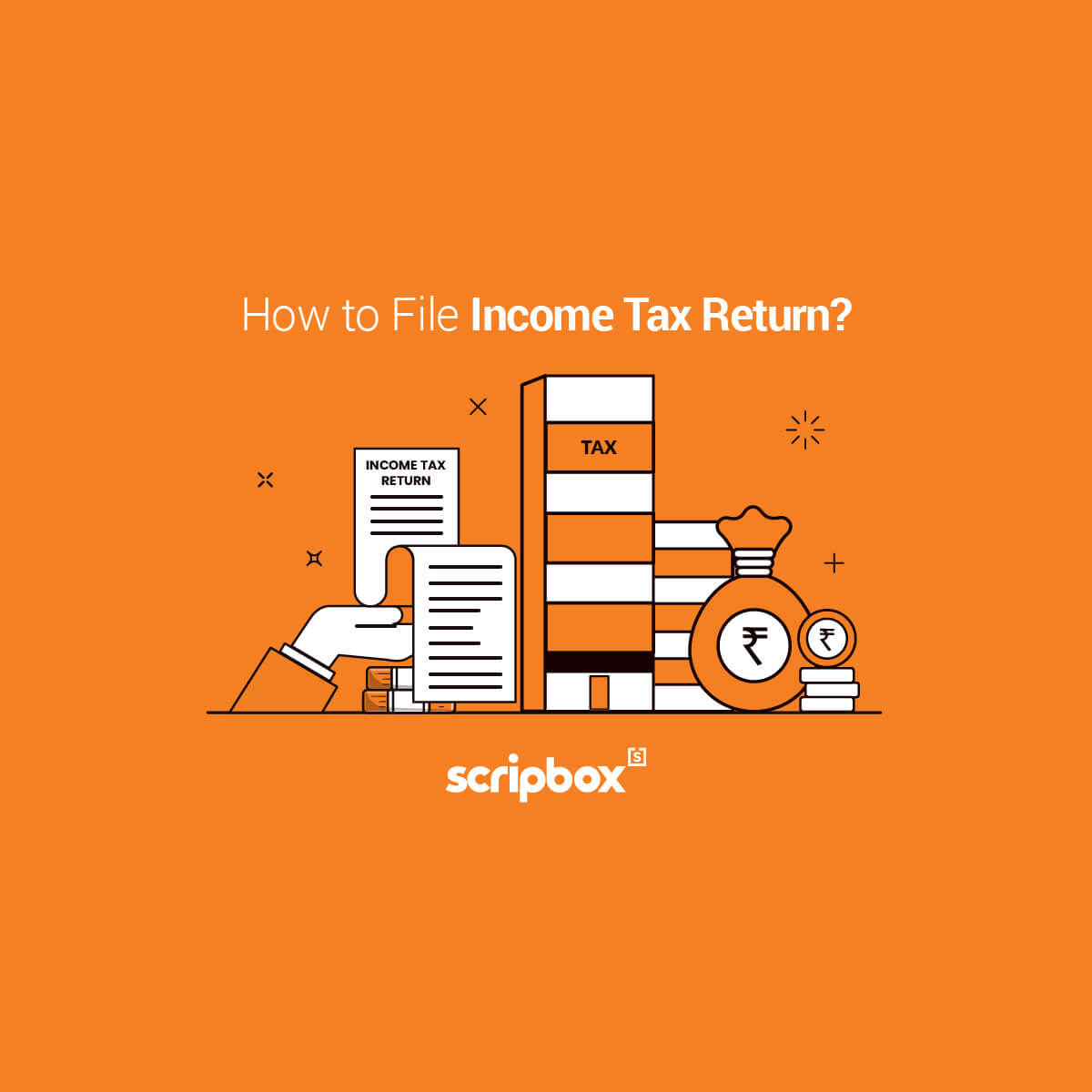
Double Taxation Avoidance Agreement DTAA in India
What is DTAA in India? DTAA stands for Double Taxation Avoidance Agreement, which is a bilateral agreement between India and another country. The purpose of DTAA is to prevent double taxation of the same income in both countries. India has...








